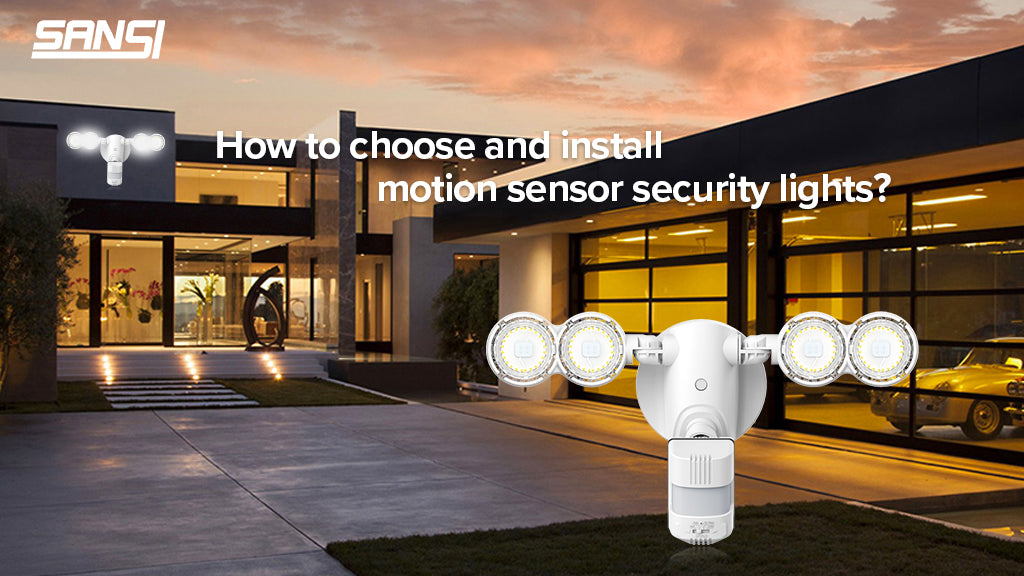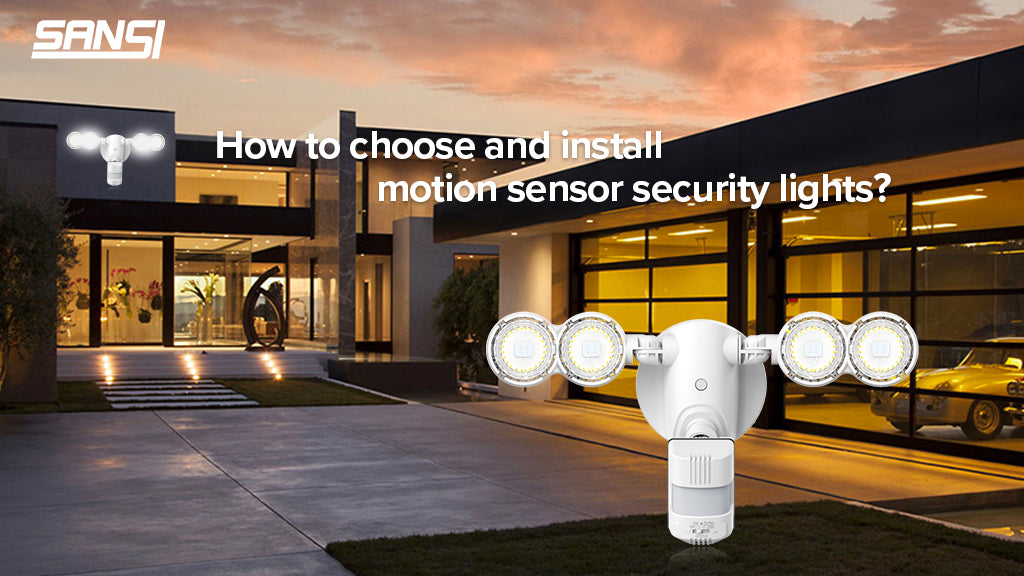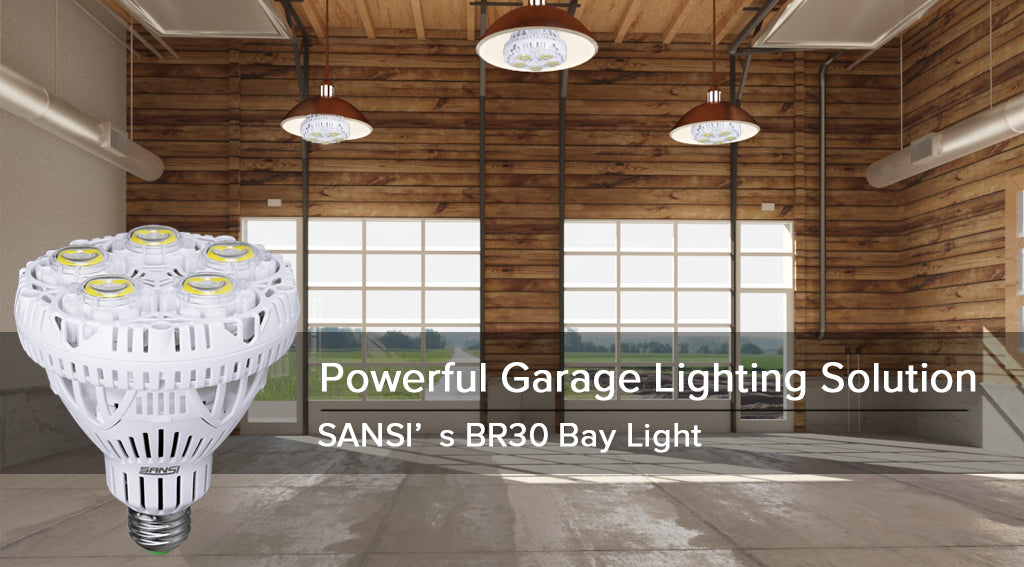
Security lighting is essential to the home and having a reactionary motion sensor light is one more layer of added security. Knowing more about motion sensors and being able to utilize them will make your light more effective and give you better peace of mind. So let’s outline the features and how security light motion sensors work, so we can give some tips on where and how to install them to get the most out of your motion sensor.
Types of Motion Sensors
There is a wide range of motion sensors with various abilities and costs.
Passive Infrared Sensors (PIR): PIR sensors are the most common type of motion sensors for home security. They work by sensing changes in heat. They’re used in home security systems as they’re cost-effective and long-lasting.
Ultrasonic Sensor: They’re very sensitive sensors but they come at a high cost and are prone to false triggers. Making them not that applicable for a security light. Also, animals and pets like dogs, fishes, cats, etc can hear these alarm waves and it may unsettle them. Making this type of sensor not the best for home security systems.
Dual Technology Motion Sensors
There are motion sensors that are a combination of different motion sensors to reduce false triggers. These are usually a combination of PIR with microwave, active and passive. The PIR will be the default sensor setting as they consume less energy and once it is tripped the microwave sensor will initiate. These are great for reducing false alarms, however, they may be susceptible to missing real triggers.
For the reason of saving costs and overall reliability, PIR sensors are the most common type of motion sensor. Especially used within security lights. Their sensory range is wide and long and reliable. Making them a good option for exterior lighting.
Things to Consider with Motion Sensor LED Security Lights
Where you install the light and what is facing your light can impact its performance. To make the motion sensor most optimal it is best to keep it away from heat or bright light sources. Air conditioning units and bright lights near or facing the motion sensor can trigger false alarms and cause your lights to illuminate. This will begin to make your lightless effective as it won’t draw attention when it is really needed and it will also disturb your neighbors.
Where to install Motion Sensor Security lights?
With a motion-activated floodlight, you’re going to want to install it high and out of reach to be tampered with. Each brand has its own recommended installation height, but they usually range from 6-12 feet. The higher you go the more area the floodlights will cover when they are illuminated. For getting the maximum range out of a motion sensor there will be a recommended height in instructions. However, as a general instruction, if you want to adjust the motion sensor coverage, you will need to move the sensor up and down. Keep it away from any heat or light sources that will cause false triggers and your security light will be effective!
How to Install Motion Sensor Security Lights?
LED motion sensor floodlights are usually very simple to install. They’re mostly wire connected and screwed onto the junction box at the wall. For each specific brand, you will need to read the instructions manual carefully so you can install the light quickly and safely. As a tip always check to make sure the back of the light comes with a waterproof rubber gasket, as this will improve the IP protection of the light. Some lights may claim to be IP65 rated, which is a high rating, but don’t come with a rubber gasket for being installed on the wall. This can cause durability and water issues in the long term.
SANSI 30W LED Motion Sensor Security Lights, A Great Security Option!
SANSI 30W LED twin adjustable sensor security lights is a creative and practical way to protect your home. These lights are super bright and offer some really unique features. The twin adjustable heads are the stand out feature of these lights. They’re maneuverable 360 ° allowing the light to be installed anywhere on the exterior of your home. On corners or at the front of the rear of your home!These light’s motion sensor is PIR and has a maximum sensory distance of 50ft and a coverage angle of 180°. If installed at the optimal height of a 7.8ft motion sensor of this light will be able to protect your home and deter any potential trespassers.
If you would like to make a purchase, then head over to SANSI 30W LED security lights.





Leave a comment
All comments are moderated before being published.
This site is protected by hCaptcha and the hCaptcha Privacy Policy and Terms of Service apply.